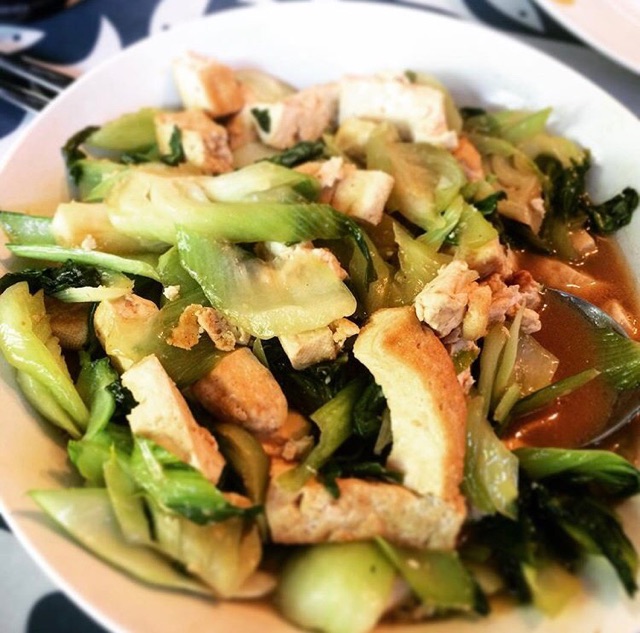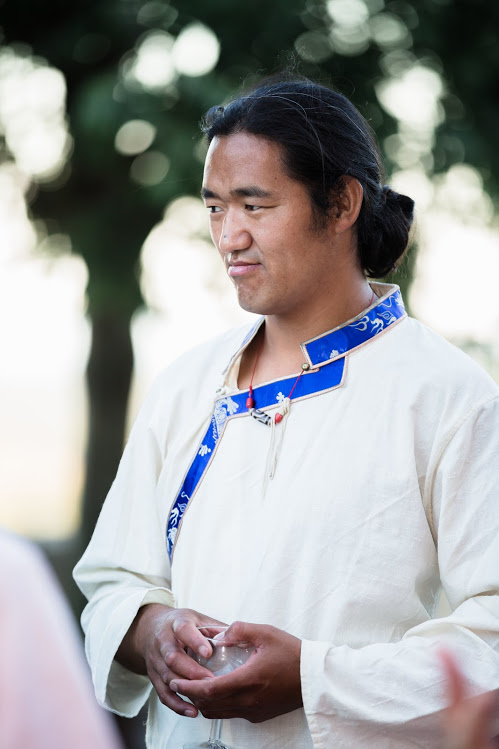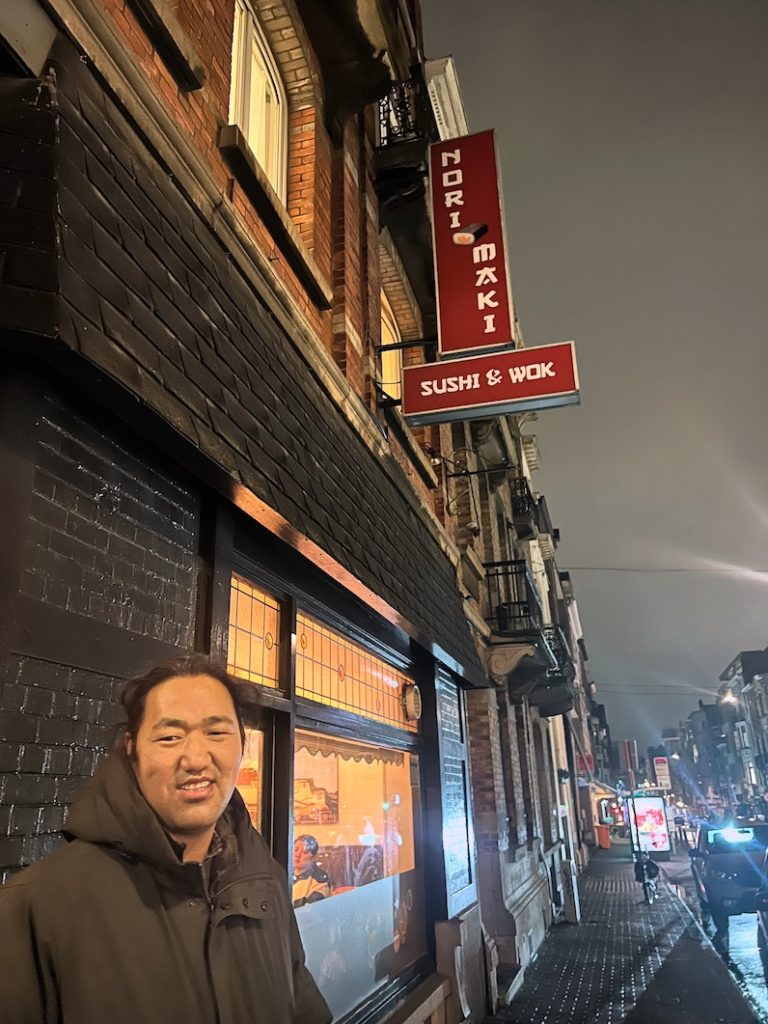

When Yeshi and I first met on a mountain path in the foothills of the Himalayas (every bit as romantic as it sounds) I tried out my best Chinese on him. I was hoping to impress.
I was living in Beijing at the time. I had studied Chinese for my degree, and had been living in China for many years honing my skills with the locals, whilst editing the Oxford Dictionary of Chinese.
Impressive, right?
Not so to Yeshi. It turned out that his knowledge of Chinese was basic, to say the least, and that really the only thing we could converse about well in Mandarin was food. This is where Taste Tibet started, I guess.
Historically, Tibetan people spoke Tibetan, a language mutually unintelligible from Chinese. These days, young Tibetans, schooled in Putonghua (literally: “common language”, the official language of China) often speak Chinese between themselves, and it is certainly the more convenient language of smart phones and computers, as well as the language of the professional working environment.
But for Yeshi, who was entirely unschooled until the age of 19, the only Chinese he had picked up were those words that have travelled with the vegetables introduced into Tibet from China. These vegetables have probably got their own official translations into Tibetan, but in reality those terms are rarely used. Thus tofu is dofu (the Chinese pronunciation), and pak choi is bai cai (the Mandarin Chinese term for the vegetable we know well by its Cantonese name).
Tofu and pak choi, both non-native foods to Tibet, have been lovingly embraced into the cuisine. Given the large number of vegetarians in Tibet, in the monasteries in particular, both tofu and pak choi have become standard fare. Cooked with traditional Tibetan spices and flavours, new dishes have been created.
The combination is a winning one, and the Taste Tibet tofu and pak choi is much loved by our children, as well as by our regular customers in Oxford when this dish is on Special. We will be cooking it fresh at the stall in Gloucester Green market tomorrow (February 8th). Come and watch how it’s done!
#tibetan #tibet #tofu #pakchoi #chinese







